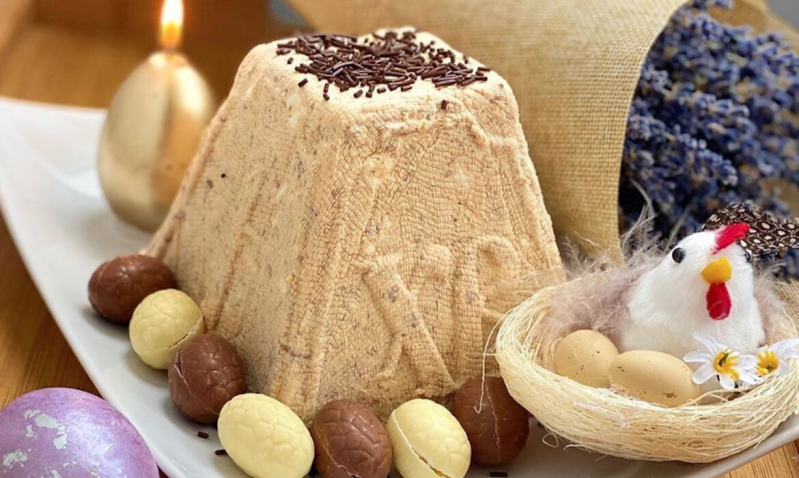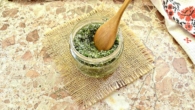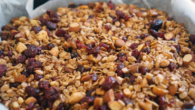
The expert explained how to properly store Easter eggs and Easter eggs
0
The main attributes of the approaching Easter are painted eggs and Easter eggs. An expert in sanitary supervision talked about the peculiarities of choosing and storing products for their preparation.
Details
Any cheese is suitable for making cheese paste. The only recommendation is not to buy it, like any other products, from the hands of private strangers outside authorized trading places.
When buying ready-made pashka, first of all, you need to look at its freshness. The surface of the dough must be dry, because moisture shortens the shelf life of bakery products. The paska itself should be well baked. There are no special temperature requirements for storing the paste, but the humidity should not be high. That's why the expert recommends putting pasques on shelves that are away from sinks and other sources of moisture.
Natural pasques, home-made, are stored for a day. If we are talking about purchased in a store, then 48 hours, a maximum of three days. According to the specialist, the shelf life of paska depends on the production technology, as well as on the amount of preservatives.
“When choosing eggs, you need to pay attention to the integrity of the packaging and the product itself – the shell. It should be clean, not contaminated with bird droppings. You should also pay attention to the storage conditions of the product in the store – the temperature on the shelf should not exceed plus 10 degrees. And, of course, the shelf life, which is from 8 to 25 days for table eggs.”
The expert noted that the shelf life of boiled eggs at room temperature is only 36 hours. By observing these simple rules, the Bright Easter holiday will not be overshadowed by poisoning.









Leave a Reply